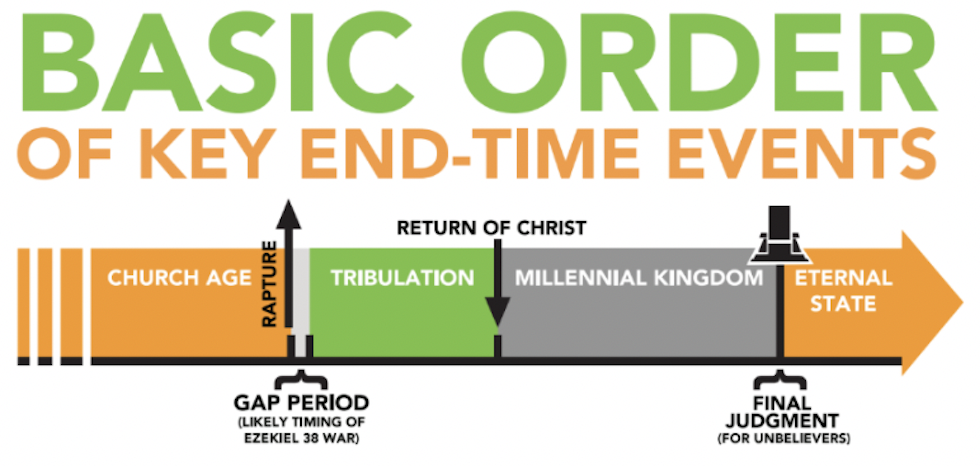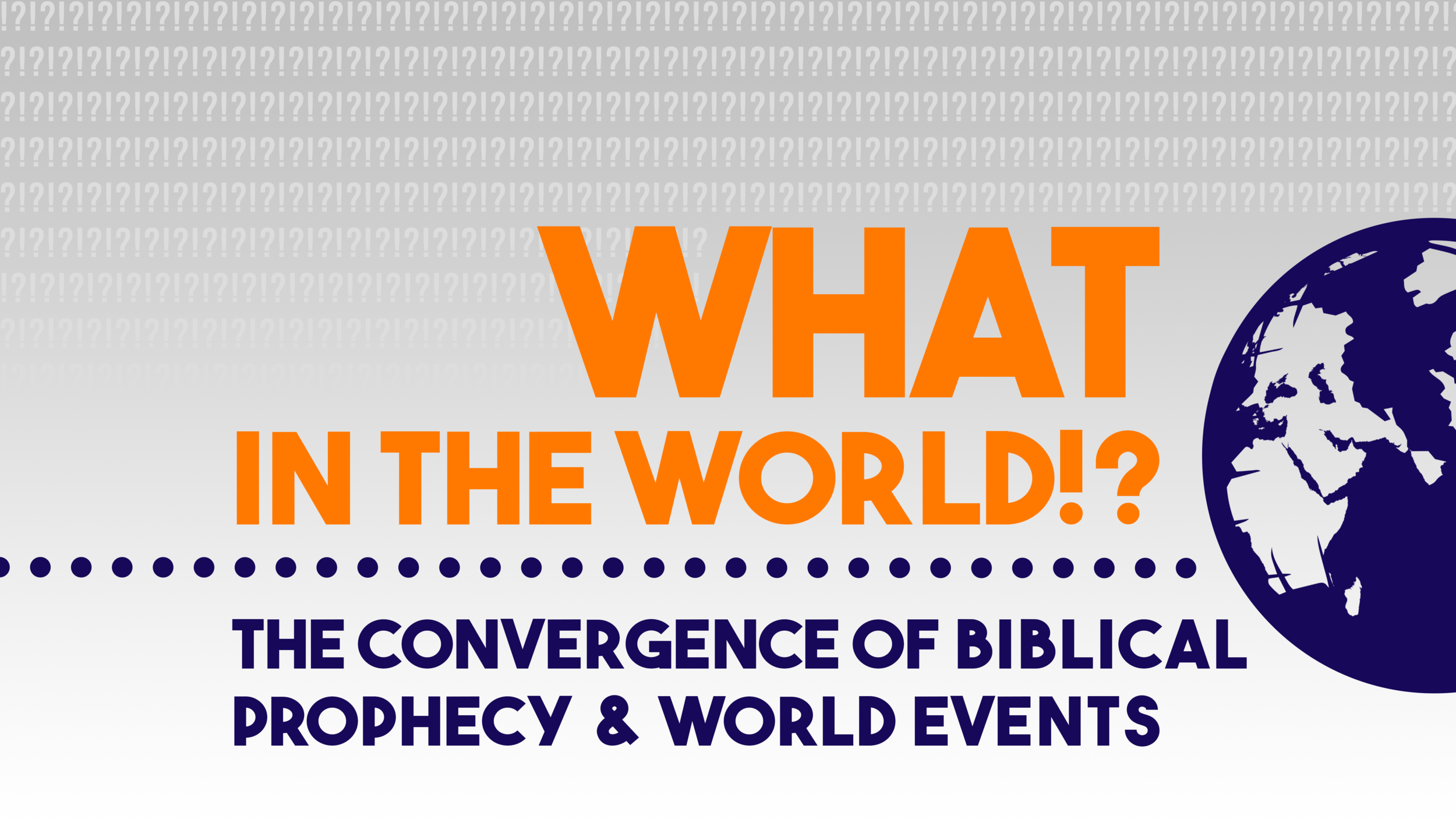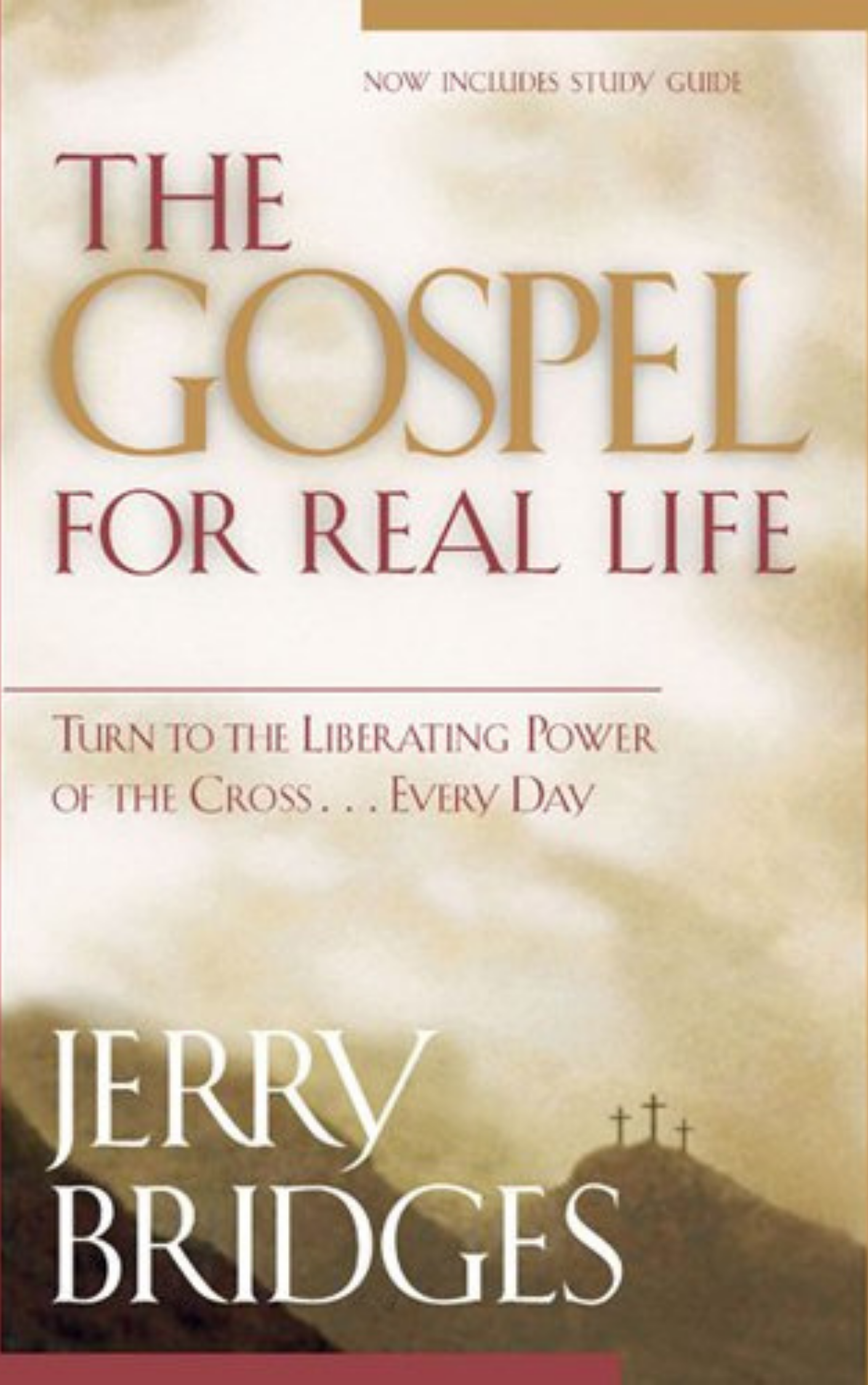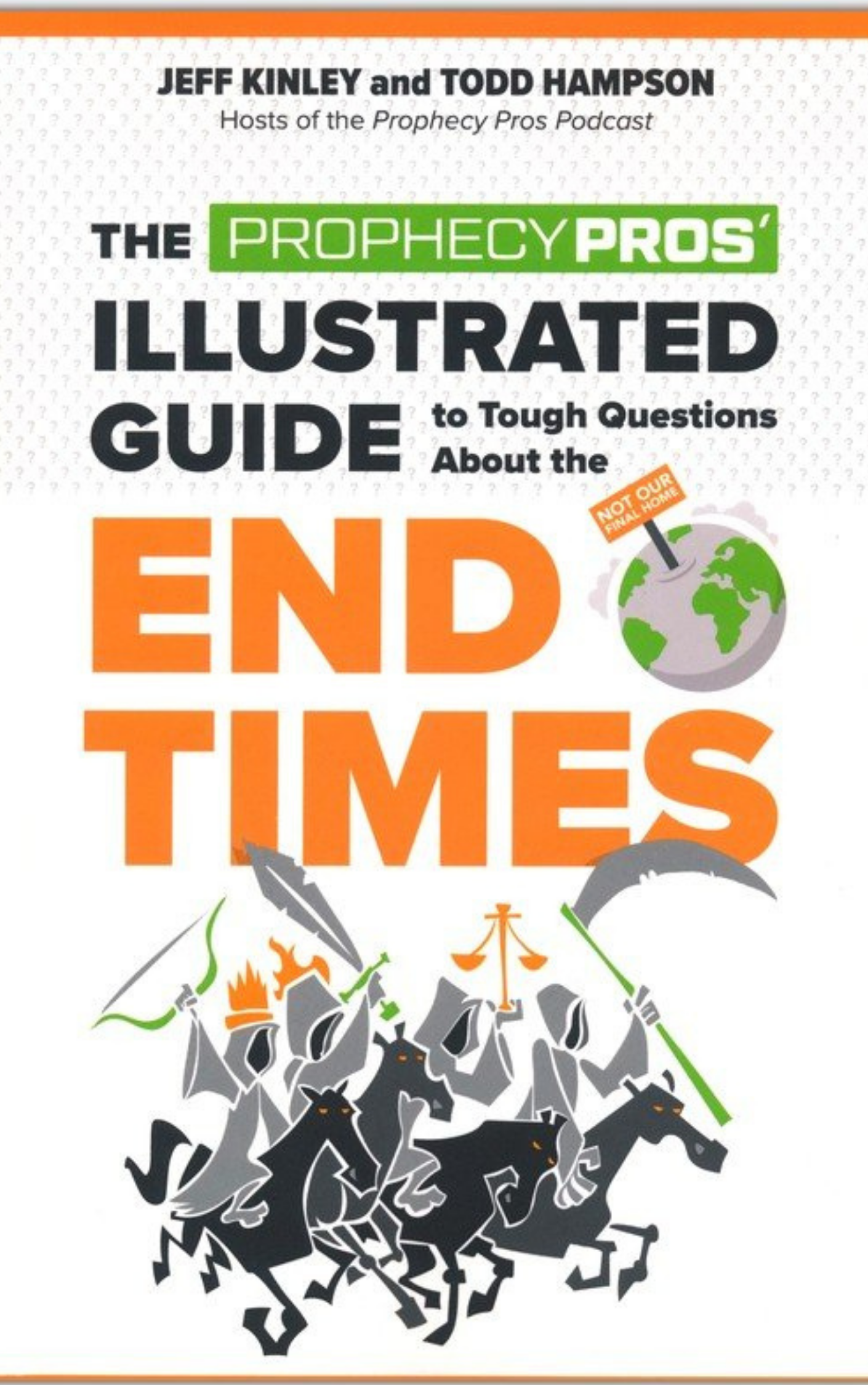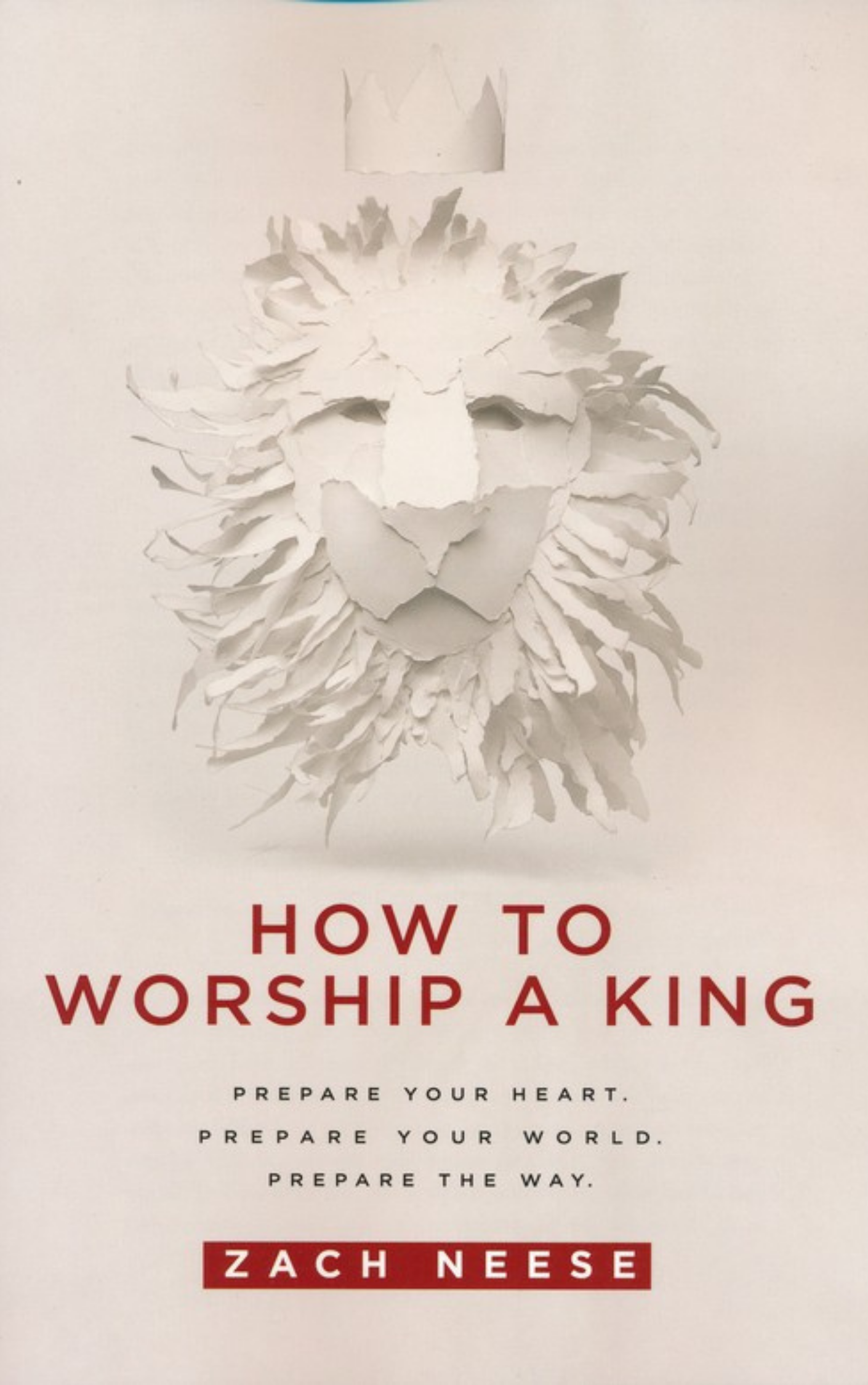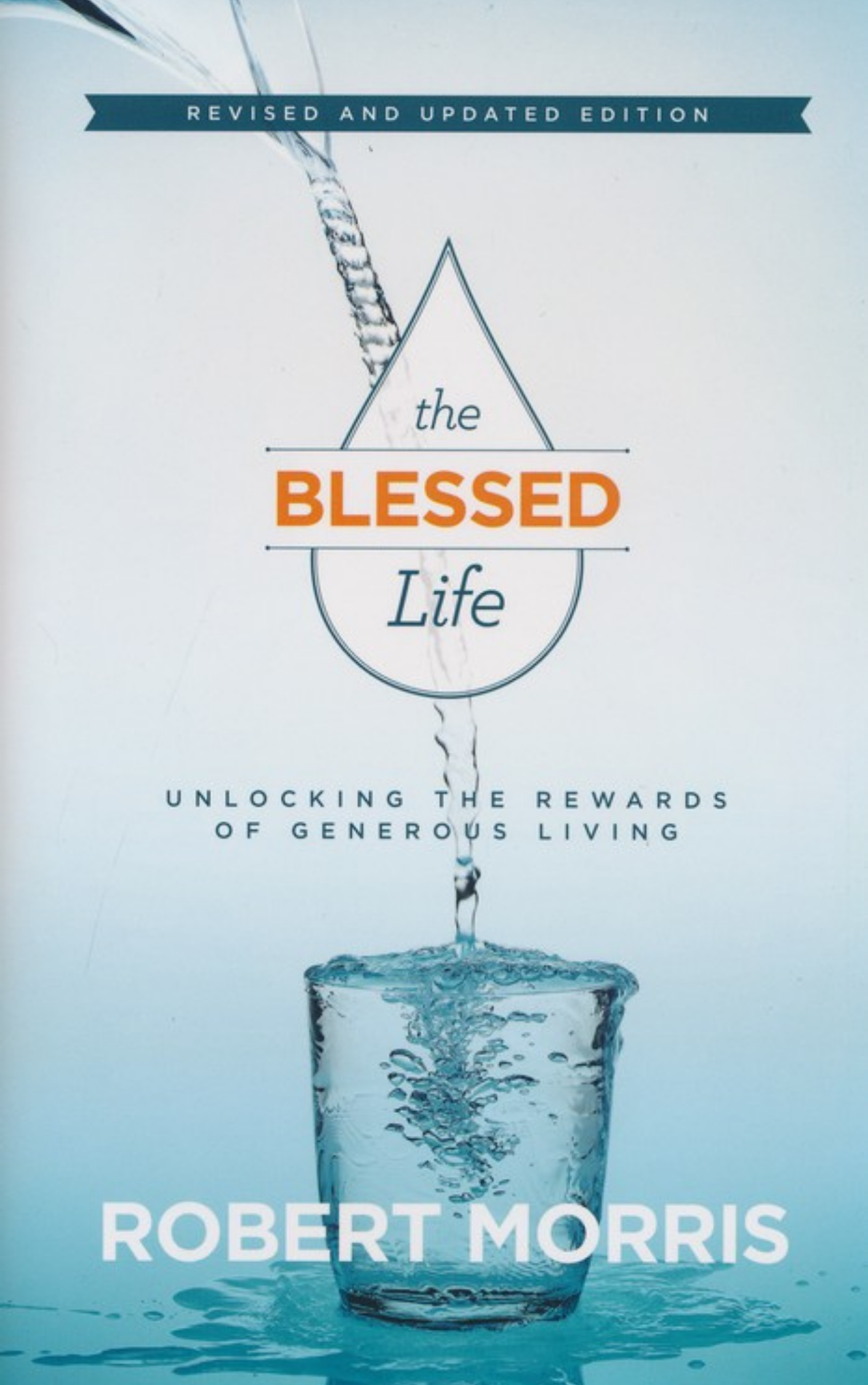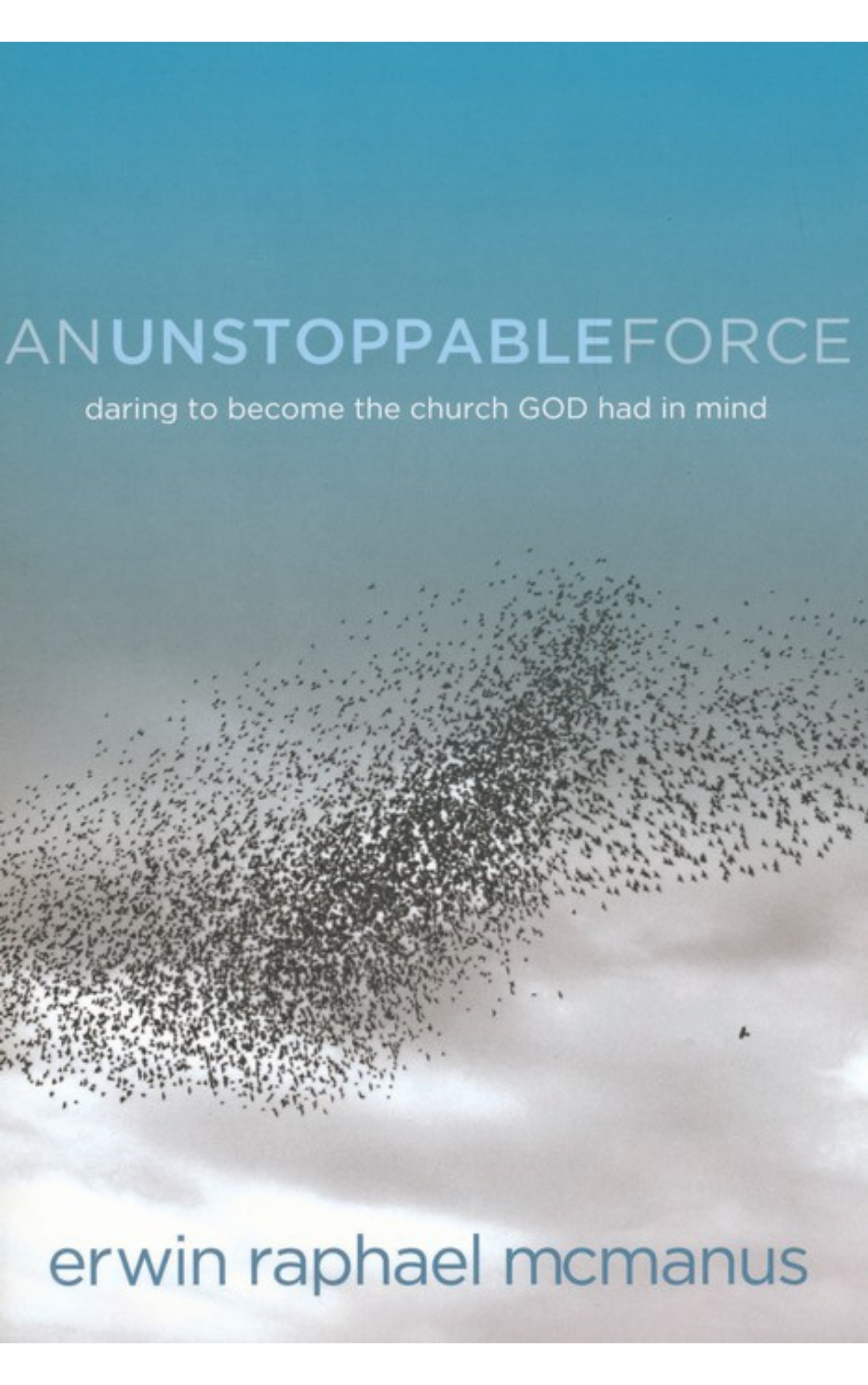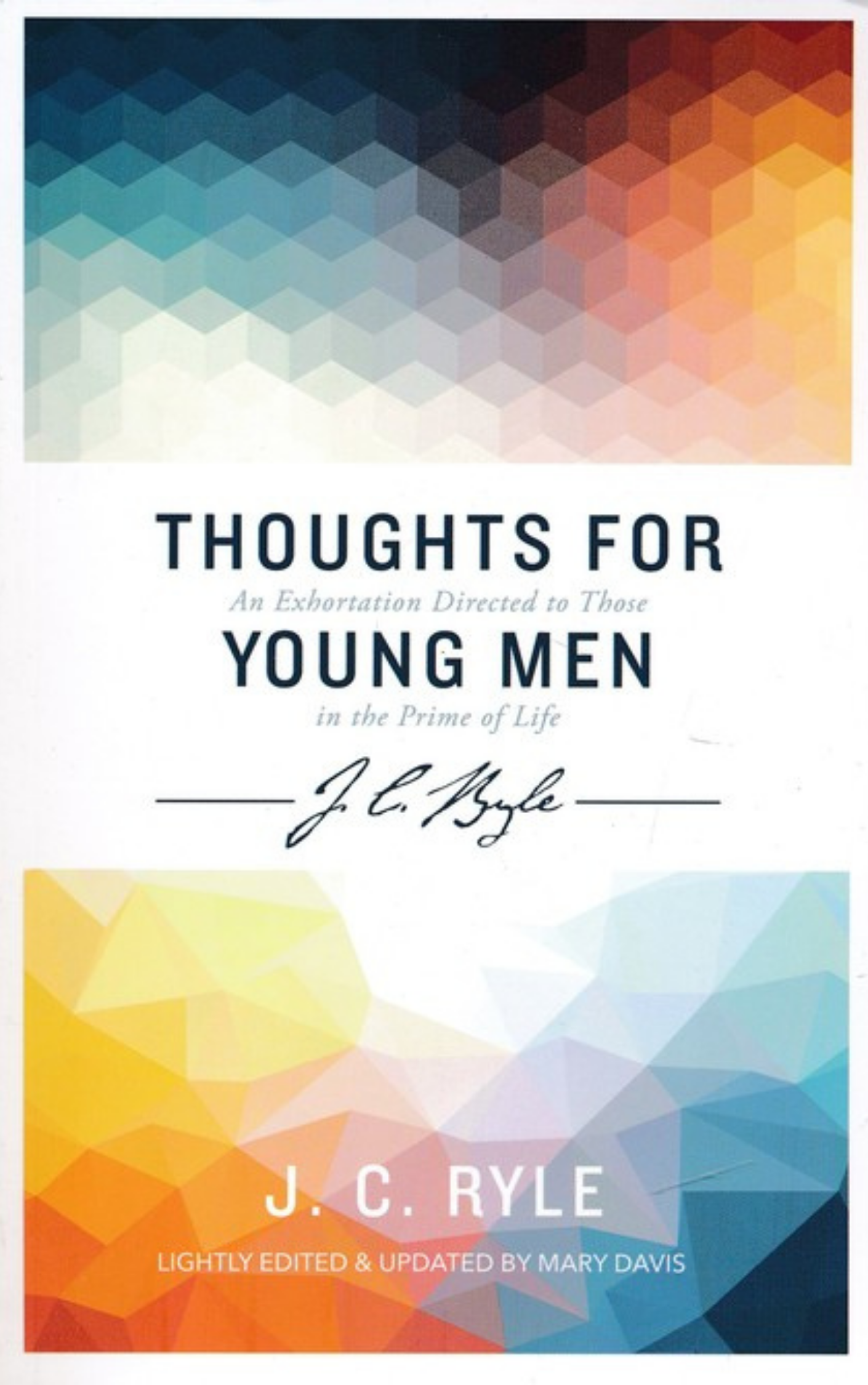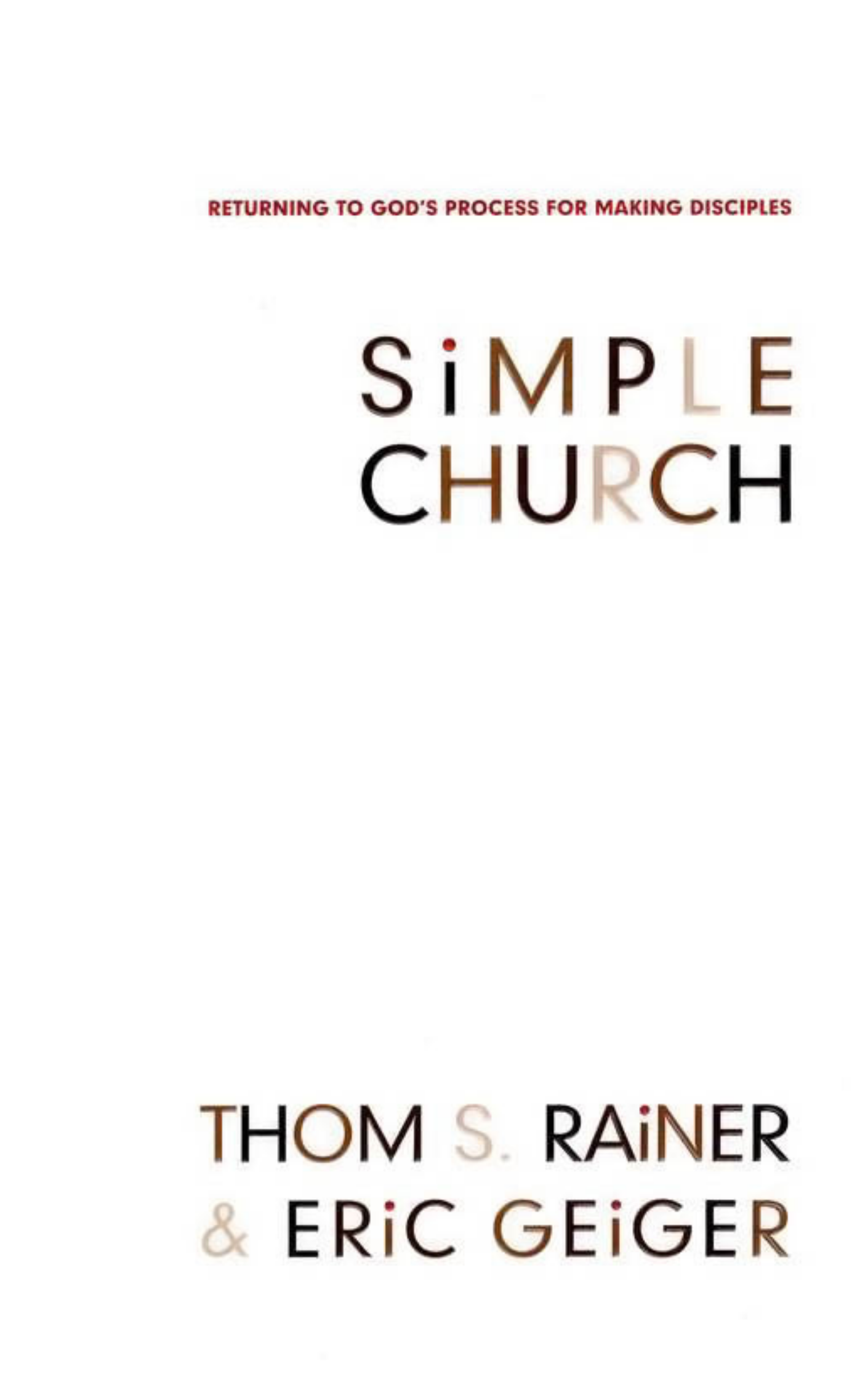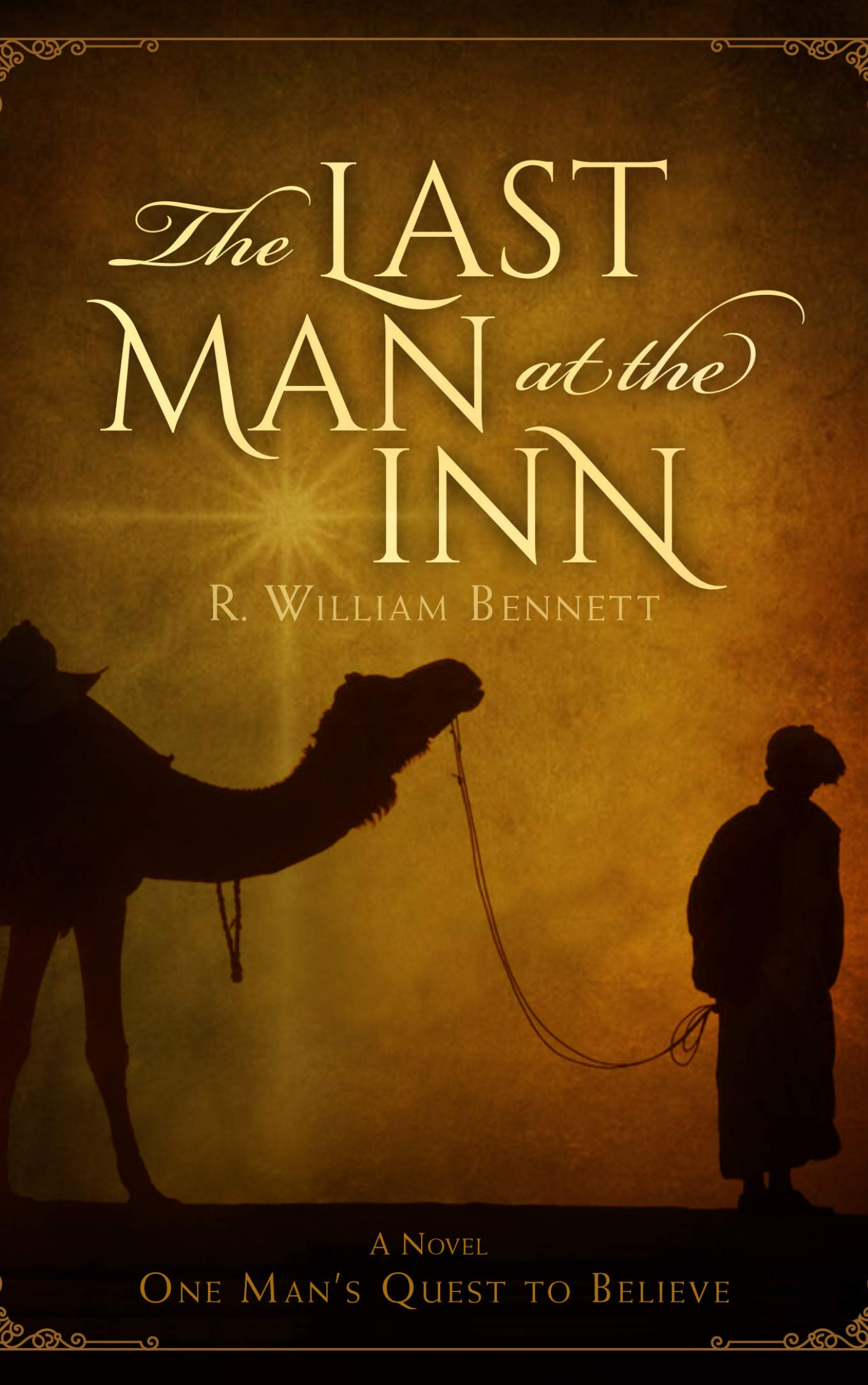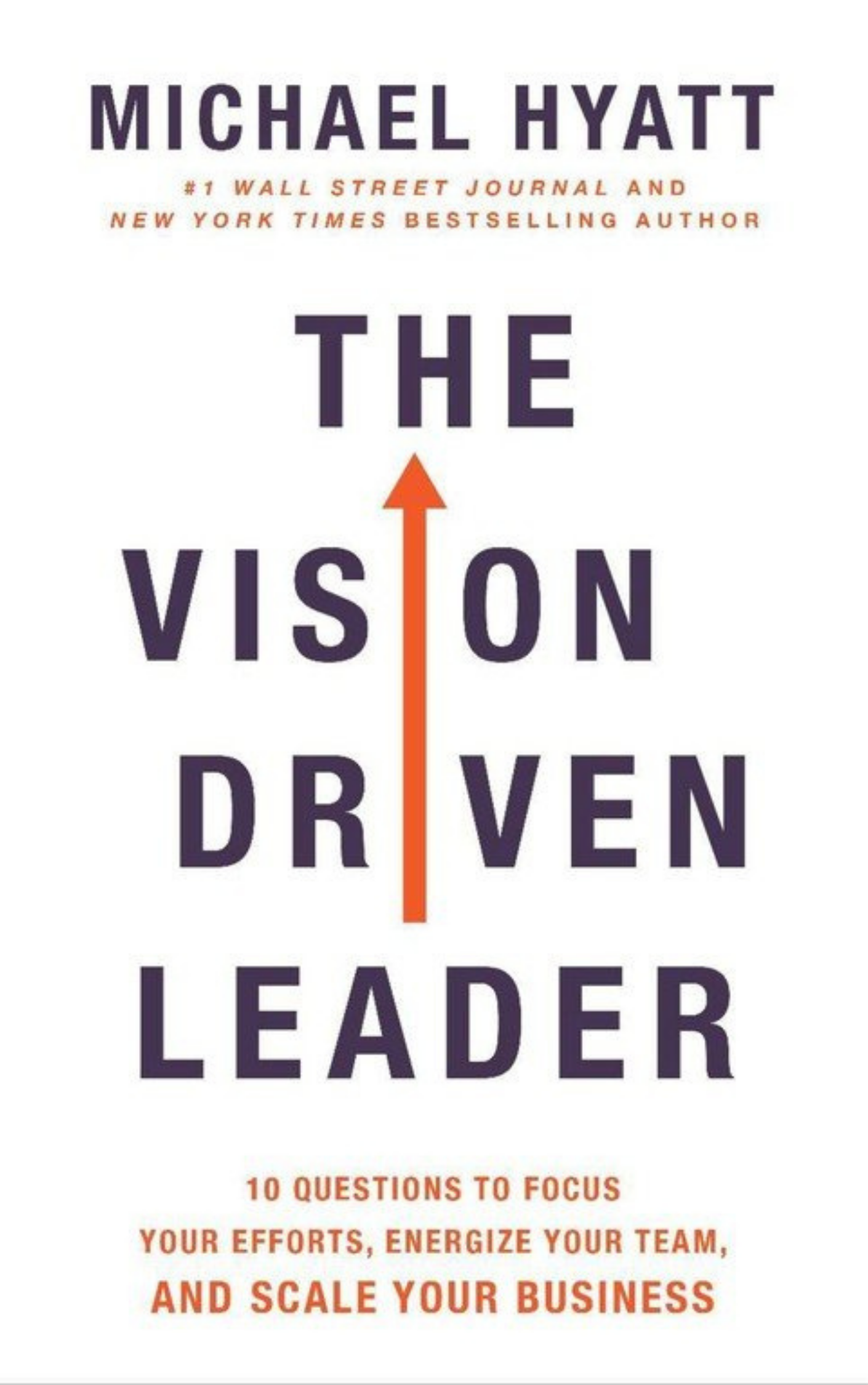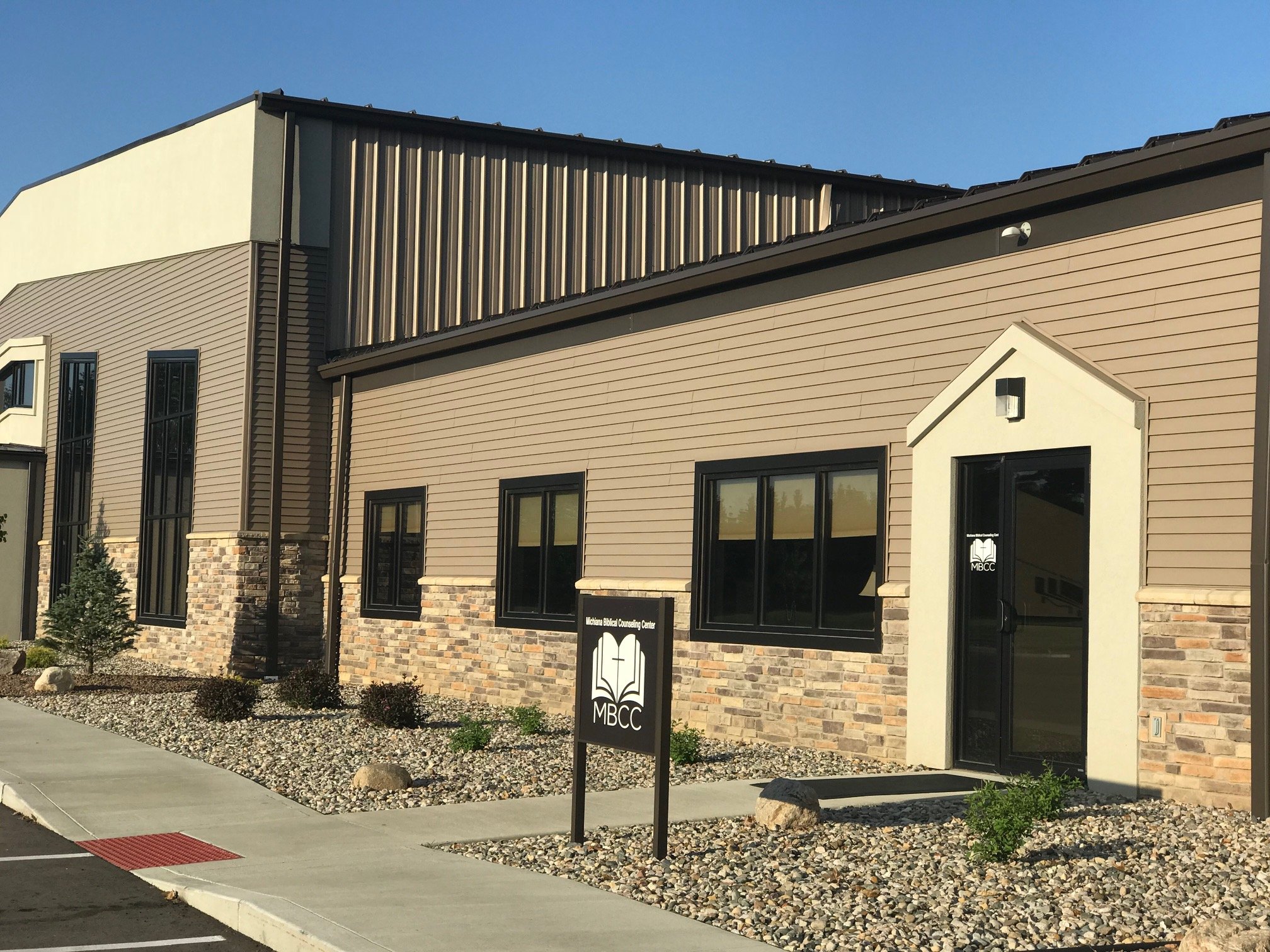Recently, we had the opportunity to sit down with Pastor Matt Cox, who leads our worship ministry at FBC. Our conversation centered on the topic of Biblical Expressions of Praise and Worship. “Does it really matter if we raise our hands or dance in church?” “If I mean it in my heart, isn’t that enough?” There are so many opinions on this subject, so we decided to get back to the basics and see how God’s Word informs us. We know this conversation is bound to both bless and stretch you in your own personal worship. Here’s our conversation!
Q. Are the expressions of praise and worship described in Scripture prescriptive for us?
For instance…
“Sing to the LORD; bless His name; Proclaim the good news of His salvation from day to day…Sing to Him a new song; play an instrument skillfully with a joyful shout…Clap your hands, all you people! Shout to God with a joyful voice…Lift up your hands in the sanctuary, and bless the LORD…Let them praise His name with dancing…O come, let us worship and bow down; let us kneel before the LORD, our Maker.” (Psalms 96:2, 33:3, 47:1, 134:2, 149:3a, 95:6)
Are these directives scriptural commands that we are called to obey, or just suggestions for us to follow?
A. Well, in Scripture, we find language that tells us these expressions are what God enjoys. And He also has given language that does give these expressions as commands. He doesn’t tell us, “If you’re feeling good, then go ahead and express it...if your life circumstances dictate it, then use these postures.” This kind of conditional praise underestimates our God. It tries to control Him and put Him in a box, rather than viewing Him for who He is: namely, the God of the Universe, the Creator of all things, who still has time to love and give me grace and mercy in the middle of my circumstance. It’s out of thanksgiving and joy that we should clap our hands, that we should shout, and give praises. And you have to ask the question, “Why is that? Why would He command those things?” But in my view, based on what I read in Scripture, the answer is “Yes”, it is prescriptive. It is a command. It’s not a mere suggestion based on how we’re feeling at the time.
Q: Let’s dig into the “why” question you mentioned a moment ago. Why has He commanded these things? In worship, why is it important that we express physically what is true of our hearts internally?
A: Many of us have been to a concert – secular or Christian – where there is exuberant praise that takes place. There’s shouting, clapping, waving hands, jumping up and down, singing, and a host of expressions based on what you’re participating in. A lot of that comes from a central heart expression of joy…happiness…even tears, based on how it moves you. Go to any sporting event, and you’ll witness crazy shouts and exuberant praise toward simple things that make us emotionally moved. In our worship, we should find expressions of praise to the Lord based on who He is and what He’s done.
If you’ve been a Christ follower for any amount of time, you have seen God move in your life. You have seen the miracles of life. And you’ve experienced a love, grace, and mercy, that you didn’t deserve. Out of that revelation, we respond. And how we respond is important to God, because it expresses what is in our hearts.
I love this quote by Zach Neese:
“How could I refuse to demonstrate the posture of my heart toward Him when He so thoroughly and passionately demonstrated the posture of His heart toward me?”
How can I withhold my expression of praise? (Even as I’m talking about this, my hands are gesturing!) How can we withhold that from the Lord? These physical responses, these expressions, are simply the physical manifestation of what is happening in our heart. And it shows the world a true following of Christ. It expresses to the world our love, gratitude, and thankfulness to Him. But more importantly, it shows it to God Himself, instead of hiding it. Nothing in Scripture tells us to “hide” our love for the Lord; it’s quite the opposite. These expressions of praise that you find in Scripture allow us to do that.
Q. Ok. We’re pretty good at singing and clapping. But what about the expressions that take us out of our comfort zones? Shouting? Dancing?
A. Hebrews 13: 15 says, “Through Him then let us continually offer up a sacrifice of praise to God, that is, the fruit of lips that acknowledge his name.” So, a “sacrifice of praise” would be something that costs us something. It’s the “fruit of lips that acknowledge His name” even in the worst of circumstances – even when things and situations in my life are not ideal, or they are stricken by what life brings. Whether a joyous occasion or a tremendous tragedy – I should continually offer up that sacrifice of praise. It’s a surrender. And that’s the currency of worship – surrender. It should cost me something. This is the point: If it’s going to cost me something and there’s a sacrifice involved, then it’s not my feelings or comfort level, that dictate my worship.
Many that were raised in a very conservative culture were conditioned not to show expression, out of a fear that it would bring attention to self. True – worship must draw attention to God, not to ourselves. But, listen to this quote by Christopher Asmus:
“When we see people in the presence of God bowing down or raising hands in authentic spiritual worship, we are not to look to them, but through them, and see a ruling and reigning Christ who sits supreme over the worshiper’s body, life, and world…The point is that as we observe humble, physical expressions of true worship, we are not being distracted from God, but pointed to Him. The authentic raised hand, the genuine bowed knee declares, ‘See His sovereignty! See His supremacy! See His lordship overall!’”
To be physically expressive in worship with the right heart posture doesn’t detract from God; it actually magnifies Him.
And stepping into physical expression causes us to step outside our “norm”. If someone says, “I just don’t sing”, it may be a sacrifice of praise for them to enter into what they don’t normally do. If they don’t know how to sing, or don’t like the way they sing, and they sing anyway because God deserves it, that’s a sacrifice of praise. They may not be called to lead. That’s ok. Our worship isn’t dictated by how we sound. We are each accountable for our own worship to God – and no one else. For me, dancing is always a struggle because…I don’t dance. But internally, my heart leaps for joy at what God’s done, and out of obedience, I want to express that even though it’s uncomfortable. That’s a sacrifice of praise for me. I want to be “uncomfortable” because it’s about Him and not me.
Q. So how can we take ONE “baby step” to become more physically expressive in our worship?
A. A lot of it is doing that on your own, when you are alone with the Lord. If I’m uncomfortable praising God in the closet when no one else is watching, there’s no way I’ll do that in front of other people. But God deserves that from me. So one baby step is to sing to Him, just you and Him alone. Raise your hands to Him when you’re praying, when you’re reading scripture, or when you’re just crying out. When you’re exuberantly overjoyed by His salvation, or the grace and mercy you’ve been given morning after morning, get up and dance. These are baby steps that lead you to that place.
The problem that we have in our culture is that many of us don’t spend time with the Lord between Monday and Saturday. When we come to church on Sunday, that’s the only time we ever spend with Him. We’re coming in empty, afraid, and totally closed off to any expression to the Lord. We spend more time preparing for a big game during the week than we do spending time with the God of the Universe. It’s important that we spend time alone with Him, expressing our worship to Him. That’s a baby step. And then, after we’ve spent time in that space, there’s no hesitation to sing when gathered with other believers, no hesitation to raise a hand. Why? Because we understand our God in a fresh way and want to express our thanks to Him based on our personal testimony of faith. Andi Rozier puts it this way, “The secret to worship is to worship in secret.”
Q. So what is it about a raised hand or a clap, dance, or shout, that communicates praise or worship to God?
A. You can look at the Old Testament where God prepared the Levites to lead in worship and war with power and intention. They would sing, play instruments, and shout praises to God, which inspired the warriors with the truth that God was on their side. Those expressions are central to God’s design. The falling of the walls of Jericho? Same thing. They went into battle against all odds. The musicians led the way, and God’s people were victorious, of course. Listen to another powerful quote by Zach Neese:
“Shouting warns the world that we have a King in our camp. It is the roar of the Lion of the tribe of Judah, the victory call, and the call to war…[It’s] time to take back the shout of victory, bring it in the camp of God, and watch hell tremble.”
Exalting God this way recognizes His position of authority and power, and it prompts us to look to Him totally for inspiration, strength, courage, and endurance for the task at hand.
We have instruments that God has given us – our voices, and hands to clap. All of creation gives God praise through their ability and workmanship. I love going to the mountains of Colorado and New Mexico, where you can see the glory of the golden aspens that display a brilliant color. But if you walk among them, you can hear the “shimmer” of the leaves when the wind blows, as if they’re praising the Lord. It’s a different sound than mere leaves rustling.
I could also use the expression of raising of hands as an example. When my children were young and needed something, they raised their hands for me to give it to them or for me to pick them up. They would fall down and reach up their hands to me. It reminds me of how God reached way down and picked me out of the pit that I found myself in.
Dancing is an expression throughout my entire being that gives praise to God, and I see this in multiple cultures throughout history and throughout my experience overseas on the mission field.
But to me, nothing shows more of the posture of humility to the Lord than bowing, kneeling, or laying prostrate before God. Nothing expresses that more. Those expressions show dependence and surrender to God as the rightful King on the throne of your heart and life.
God has given us a multitude of expressions so that we might use every outlet, every faculty that we have, to express our praise to Him. “Let everything that has breath praise the Lord” (Psalm 150:6).
Q. We are told that if we keep silent, “the very stones would cry out” (Luke 19:40). It’s thE idea that all of creation is intended to cry out with praise. This verse obviously lies at the heart of Rock Cry Ministries. Tell us a little about how you have seen the Tonga people in Zimbabwe express their worship to God.
A. Well, in Luke, the Pharisees were rebuking the disciples for making such a ruckus about Christ, making Him famous. Making much about Him. Exalting and praising His name. Christ said that if the disciples were to be silent, then creation would do their job. But it’s for us to do it. And in order for us to do it, we need to know who He is, and we’ve got to share the gospel with those that don’t know. That’s the heartbeat of the ministry of Rock Cry – to bring that life-saving knowledge to a people that doesn’t have the opportunity to hear it.
Having been in Zimbabwe, I’ve seen a people come alive with the knowledge of Christ and a life that has been saved by grace. And I’ve seen them worship – it’s different than our worship here. In their culture, you can’t worship unless you are using almost all of these expressions at one time: singing, dancing, clapping, playing instruments with rhythm, shouting, jumping up and down, raising hands. It’s all part of it. I’ve seen their humility of bowing down and kneeling, almost laying prostrate, and even rolling in the dirt – abandoning their dignity – because of their brokenness over their sin. Physical expression of what the heart feels is part of their culture. It’s part of what God has designed and revealed in Scripture. It’s a humbling thing because it convicts me with questions like, “Matt, why aren’t you expressive in your worship to God? Why are you holding it in? Because it’s not part of your culture? Are you using your culture as an excuse?”
Q. If it’s normal for the Tonga people to physically express what they internally believe, why does it feel so abnormal for us to use physical expressions of worship? Is this tendency a struggle for our American culture in general, or more specifically a struggle for the American church?
A. If you look at secular things, you see no hesitation to dance, shout, or lift hands. For what? A ball going through a hoop? Or take the example of dance, which, in a secular sense has focused on sensual emotions rather than spiritual ones. I think it’s stemmed from a culture in religion that tried to do things differently from the world, but ended up surrendering what was God’s to the world. In my opinion, it’s time that we take it back. It belongs to the Lord. It came from Him. He designed it, and it should be part of our church culture, the right way.
We’ve been called to let our physical bodies mirror the content of our souls when it comes to worship. Wherever we find ourselves on the scale of “comfortability” with physical expressions of praise, the invitation for each of us is to take one more step beyond our “norm” and into the joy of communicating our worship to the One who alone is worthy of it all.










